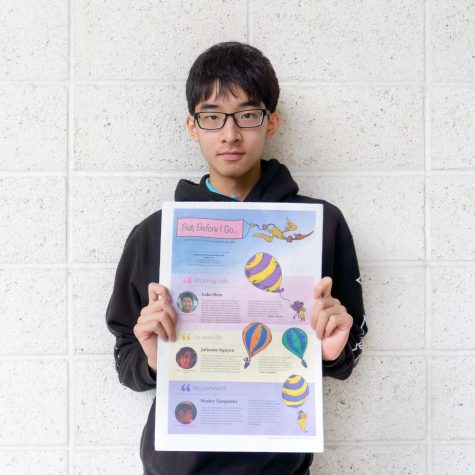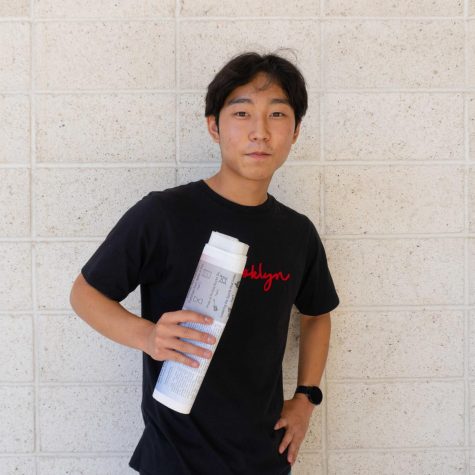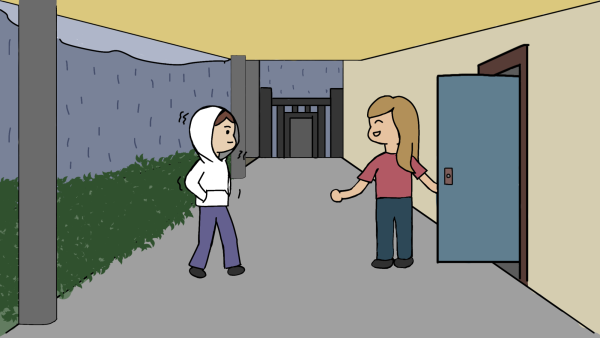Summer Programs Are a Waste of Time and Money
April 27, 2020
Although some see summer camps and programs as a good way for students to learn various subjects and spend time with people of similar interests, they are ultimately a waste of time and money and do not live up to what they are touted to be.
Firstly, summer programs tend to be costly for students. Pre-college summer programs for high schoolers can cost up to $10,000, according to Forbes, making them only accessible to students who can afford these prices. Junior Ethan Hung, who attended the Rosetta Institute’s Molecular Immunology program, had to pay a large sum of money to get in.
“The cost of summer programs can oftentimes be through the roof, which has excluded me from applying to various programs,” Hung said. “Additionally, the vast majority of programs will not provide accommodations by preference, […] even when it is possible.”
Furthermore, summer programs seldom help students when they are applying to colleges. Many professionals in the field of college applications have found that there are other ways to impress admissions officers than attending a summer program.
“An admissions officer would be even more impressed with a student who decided that they wanted to explore a particular discipline or take a course and found a way to do it that was free,” Elizabeth Morgan of the National College Access Network said in an interview with Business Insider. “That kind of self directed work is going to be much more impressive to an admissions officer.”
Does attending a specific college’s summer program help a student get into that college, as many parents and students believe? Not so, says graduate admissions counselor Anna Ivey.
“People attend these programs all the time and then don’t get in,” Ivey said in an interview with The Washington Post. “It can be heartbreaking because they’ve fallen in love with the school.”
That’s not to mention that the global COVID-19 crisis that has arisen this year is greatly impacting summer programs, turning many previously residential summer programs into solely online affairs.
“Academic and residential experiences are woven together in a vibrant community of participants from across the country and around the globe,” boasts the Stanford Pre-Collegiate Summer Institute’s webpage of its student residential experience. Directly above it, a message in smaller print informs viewers of its cancellation.
Simply looking at the facts, it’s clear that, especially in the coronavirus era, summer programs are ineffective given their exorbitant cost.














